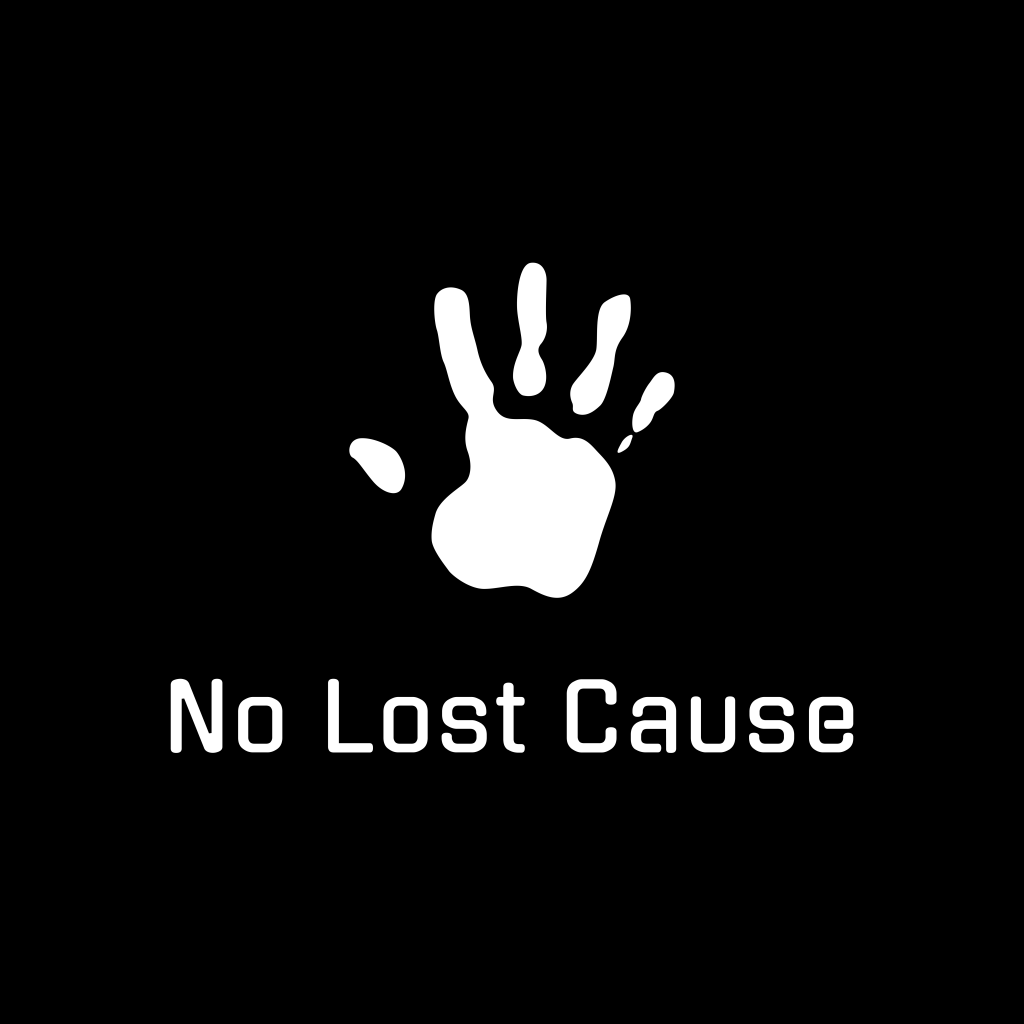Life Change Changes Lives and their Projects give people a reason to get out of bed in the morning providing creative therapy, peer mentoring and counselling. It is a place to express yourself and the opportunity to have a purpose, boost self-esteem and become part of a family. Unlike other mental health services, LCCL is a place that allows you to let go and transform your life and be part of a family.

How it Works
We start with rejuvenating furniture donated to the project which was otherwise destined for landfill with the philosophy that whilst you are upscaling the furniture and renewing it and giving it a new life you give the piece purpose and you also rebuild your own self in the process. Essentially taking nothing and making something out of it can effect the same change in you. Every piece has a story to tell, a story about people’s lives affected by mental ill health and addiction but on the road to recovery.
No Lost Cause


The Downpatrick Charity Life Change Changes Lives are pleased to confirm funding from the Department of Justice for their new Project – ‘No Lost Cause’. The No Lost Cause logo was inspired by the poem ‘Not Waving but Drowning’ by Stevie Smith which is often told in AA and gives an account of a drowned man whose distressed thrashing in the water was mistaken for waving. Sometimes the behaviour of people, whether criminal or other, is an indication of distress not arrogance or disrespect, and intervention can help.
No Lost Cause is a wraparound project designed to compliment our highly successful Pop up Art Project. Funding secured from Big Lottery to deliver the innovative Pop up Art Project is due to cease in October 2019. No Lost Cause will evolve alongside Pop up Art expanding with more training and activities in the next two years until March 2021.
The No Lost Cause Project will provide an intergenerational diversionary and therapeutic community programme based in Downpatrick town centre whose aim is to encourage disadvantaged and disengaged people from Downpatrick and surrounding areas to find their potential and build upon it using Activities, Counselling, Advocacy, Training and Support.
The No Lost Cause Project will initially provide Basic Food Hygiene Training, Cooking participation and demonstration. It is hoped that through these interventions, parents will revive cooking healthy and affordable meals for their family, eaten at the kitchen table, which will help to achieve more family interaction and involvement in the lives of our young people. Although no one is suggesting that poor diet alone can account for complex social problems, the former chief inspector of prisons Lord Ramsbotham says that following an UK Prison Trial at Aylesbury Jail with vitamin supplements, he is now ‘absolutely convinced that there is a direct link between diet and antisocial behaviour, both that bad diet causes bad behaviour and that good diet prevents it.
These effects of the diet on the brain were also predicted in the 1970s by a leading fats expert in the UK, Professor Michael Crawford. He established that DHA [an omega 3 fatty acid] was structural to the brain and foresaw that deficiencies would lead to a surge in mental health and behavioural problems – a prediction borne out by the UK’s mental health figures.
Young offender’s diet
One young offender had been sentenced by the British courts on 13 occasions for stealing trucks in the early hours of the morning.
Dr Bernard Gesch [Senior Research Scientist at the University Lab of Physiology, Oxford, and Founder of the research charity Natural Justice, which he set up to investigate causes of criminal antisocial behaviour] recorded the boy’s daily diet as follows:
Breakfast: nothing (asleep)
Mid morning: nothing (asleep)
Lunchtime: 4 or 5 cups of coffee with milk and 2½ heaped teaspoons of sugar
Mid afternoon: 3 or 4 cups of coffee with milk and 2½ heaped sugars
Tea: chips, egg, ketchup, 2 slices of white bread, 5 cups of tea or coffee with milk and sugar
Evening: 5 cups of tea or coffee with milk and sugar, 20 cigarettes, £2 worth of sweets, cakes and if money available 3 or 4 pints of beer.
In the forthcoming months participants will be taught work ethics, job confidence, social confidence and commitment so that participants become both life and work ready. The No Lost Cause project will encourage behavioural modification, participation, teamwork and provide support through Counselling sessions, harm reduction programmes and referral pathways for persons suffering from addiction.LCCL want to reduce social isolation encountered by offenders and victims of crime, persons isolated through stigma associated with mental ill health and those who experience problems during and after addiction recovery.
No Lost Cause is funded by The Asset Recovery Community Scheme and aims to help reduce re-offending and fear of crime among those who are marginalised or whom have offended due to mental ill health and/or addiction through the provision of integration, creative activity, self-care and training. We have provided NVQ training Level 1 in Hospitality Services, Food Hygiene and Safety Training Level 2, Child Protection Training and Makaton Training to date.
Our social ideology is based on focused community care where our members remain in their own communities during therapy.